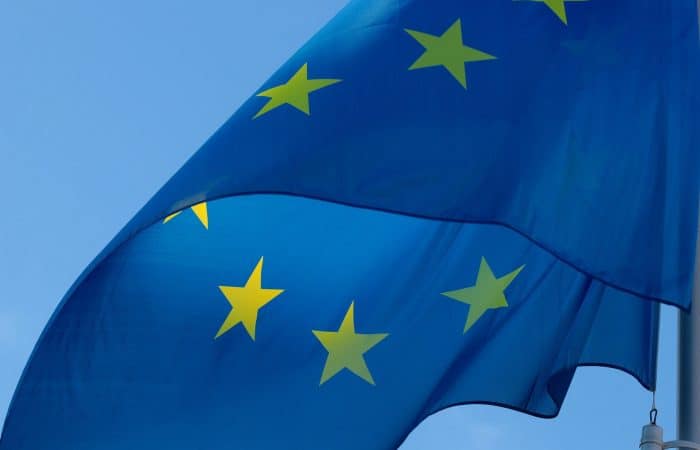Following the United Kingdom’s (UK) departure from the European Union (EU), international trade and in particular free trade agreements have received much public attention.
While barriers to trade between EU countries have been eliminated with the creation of the single market in the EU, trade barriers between EU countries and non-EU countries have been reduced and eliminated through free trade agreements. As a consequence of Brexit, the EU and the UK are now in the process of negotiating such a trade agreement to apply once the transition period ends on 31 December 2020.
The UK’s transition from an EU Member State to a non-EU country is a good illustration of the barriers and restrictions to international trade and the various ways countries seek to reduce these and ease the import and export of goods and services. Once the transition period ends, EU and UK exporters will again be faced with the
procedures and requirements that only apply to trade with non-EU countries. The UK will no longer benefit from the EU’s trade agreements, which will affect not only UK exporters but also EU exporters of goods with UK input.
This paper provides an overview of the main customs and trade aspects of benefitting from trade agreements concluded between the EU and its trading partners, including the Rules on Origin, Proof of Origin, Registered Exporter and Approved Exporter. As such, the paper focuses on the main procedures and formalities for exporters, as well as specific elements of some of the main Free Trade Agreements concluded by the EU.




